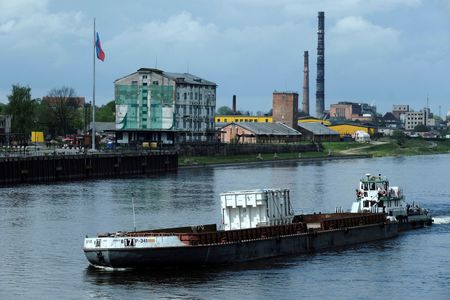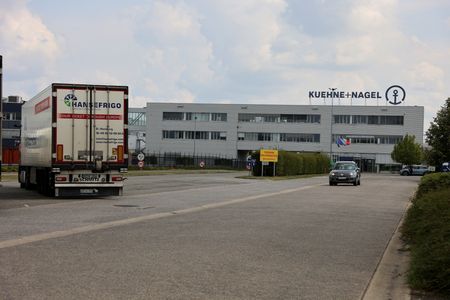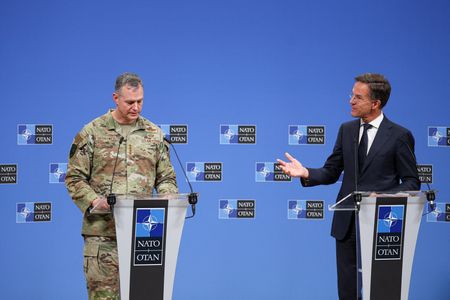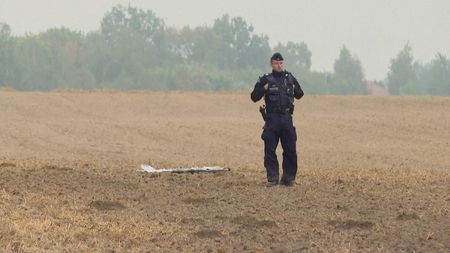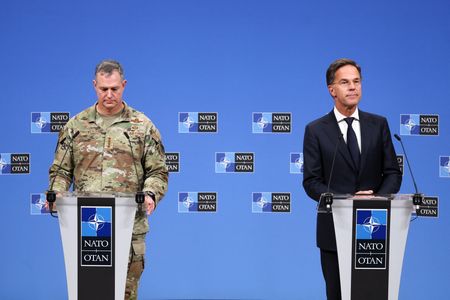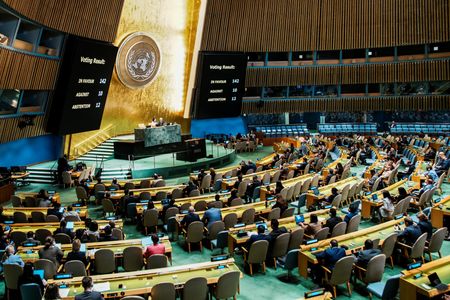By Andrius Sytas
VILNIUS (Reuters) – The Baltic states are working with Poland to secure the energy infrastructure they need as they decouple their power grids from Russia, Lithuania’s energy minister told Reuters, following damage to undersea cables in the region.
Baltic and Polish state-run power grid operators are working on an agreement to ensure the smooth running of the decoupled system, and how to fix it if needed, Zygimantas Vaiciunas said in an interview on Tuesday.
“The goal is to have a common list, and agree on what measures need to be taken, and agree on sources of financing them. And to implement it as fast as possible,” he said.
Polish grid operator PSE separately told Reuters that talks were underway with the Baltic states – Lithuania, Latvia and Estonia – on joint projects to strengthen the protection of infrastructure in the region, and on obtaining European Union support for them.
The Estlink 2 power cable between Estonia and Finland was damaged on Dec. 25, in the latest disruption to infrastructure in the region since Russia’s full-scale invasion of Ukraine in 2022. Russia denies involvement.
Finland on Dec. 27 seized an oil tanker carrying Russian oil which it said dragged an anchor through the seabed.
Lithuania in response is tasking elite police to secure its power link with Poland, which is intended to keep power in Baltic states running in sync with continental Europe, and its largest gas-fired power plant, both vital for the decoupling, said Vaiciunas.
“This (Estlink 2 damage) had a direct impact” on the decision to deploy police resources, Vaiciunas said. “We used to think that private security is enough, but now we see full government’s attention to security is needed,” he added.
Lithuania is working to increase monitoring of its NordBalt power link with Sweden, including to ensure that the cause of any damage is quickly identified, the minister said.
The power grids of Estonia, Latvia and Lithuania, members of both the European Union and NATO, are run in a common grid with Russia and Belarus, a holdover from the times when the countries were run from Moscow.
The Baltic states expect to decouple on Feb. 8, taking over the responsibility for running their own grid after years of upgrades that were supported by 1.6 billion euros ($1.7 billion) of European funding.
Poland’s PSE also said it was working closely with its Ukrainian counterpart to ensure the security of the link connecting Rzeszow in Poland with the Khmelnytsky nuclear power station in Ukraine.
($1 = 0.9712 euros)
(Additional reporting by Marek Strzelecki in Warsaw. Editing by Mark Potter)

